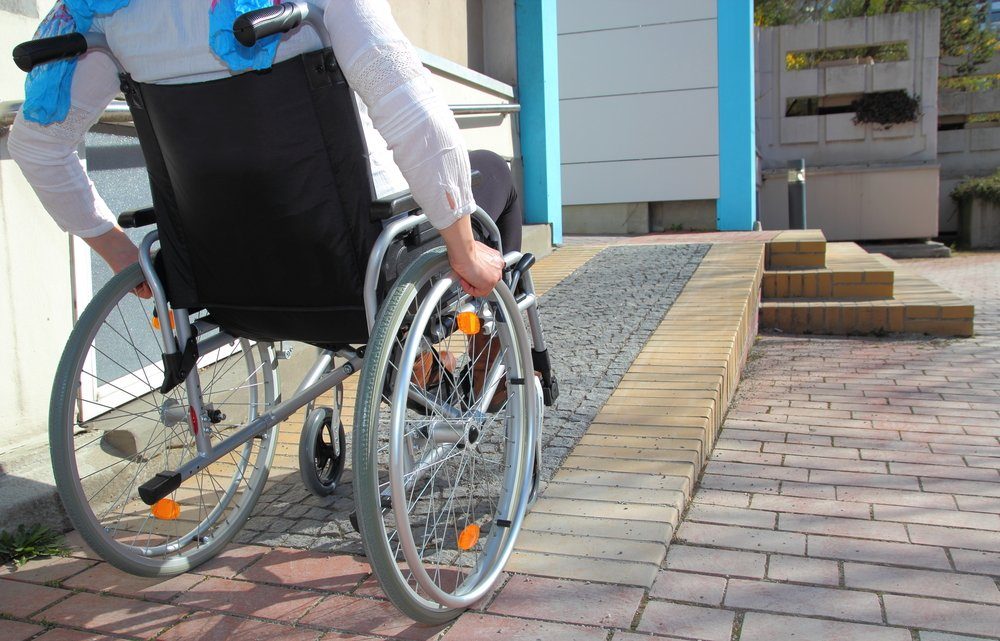FDA Asked for Newest Risdiplam Data to Support Broad Label, Roche Says
Written by |

The U.S. Food and Drug Administration (FDA) asked for the SUNFISH clinical trial’s top-line data that necessitated a delay in its review of whether risdiplam could be an oral treatment for spinal muscular atrophy (SMA), and for good reason — these pivotal results could lead to the treatment being available to patients of all SMA types and ages.
The FDA knew that “we had that data coming in” when Roche and Genentech initially filed its approval request late last year, and “was absolutely fine with that,” Paulo Fontoura, MD, PhD, said in an interview with SMA News Today. Fontoura is global head of neuroscience and rare disease clinical development for Roche.
But when the two companies announced in February “substantial” new findings from the second part of the Phase 2/3 SUNFISH study (NCT02908685), testing risdiplam against placebo in 180 type 2 and 3 SMA patients reliant on wheelchairs and ages 2 to 25, the agency decided to include them in its review.
“The FDA basically informed us that they felt these data were so important … for them to really think about the broadest possible label,” Fontoura said.
Roche, which is overseeing risdiplam’s development with Genentech, agreed.
Data before the agency now includes all top-line results available from SUNFISH and FIREFISH (NCT02913482), its Phase 2/3 study in type 1 infants 1 to 7 months old. Together, these trials involved more than 200 patients with SMA types 1, 2, and 3 from 1 month to 25 years old.
Topline data showed that one year of risdiplam treatment led to significant improvements in motor milestones in infants with type 1 SMA and in motor function in children and young adults with types 2 and 3 disease.
“The best way to get a treatment for more people worldwide is to get a really good label at the approval,” Fontoura added, “because that’s what ensures access with [insurance] payers, etc. So, that is our primary goal.”
Roche’s initial application also asked for a sweeping label — all SMA types, all ages — for risdiplam, its daily oral liquid treatment that works to increase levels of the SMN protein, essential for muscle contraction and lacking in people with SMA due to mutations in the SMN1 gene.
“That is our proposal, yes,” the neurologist said. “We’d like to have as broad a label as possible in the U.S.”
New SUNFISH data covered all available results from tests of treatment effectiveness — changes in muscle strength and control among treated patients, their ability to do everyday tasks like brushing their teeth or feeding themselves, impressions of a better quality of life — as well as a range of safety measures.
Its sheer bulk necessitated the FDA extending its review, pushing a likely May 24 decision date to Aug. 24.
An announcement might come earlier, however. Both the agency and the companies or groups involved — risdiplam was developed in collaboration with PTC Therapeutics and the SMA Foundation — are looking at the possibility of an earlier conclusion to the review.
“Even though they put Aug. 24 as their PDUFA [decision] date, I know for sure they’re working very expeditiously to meet those timelines,” Fontoura said, calling the FDA one of the “fastest” health authorities in approval decisions.
“They are aware of medical needs.”
Pandemic not of concern
The global COVID-19 pandemic that has shifted pharma companies’ focus to ways of testing and treating this new and highly contagious virus — and has disrupted clinical trials and drug manufacturing capabilities on a wide scale — was not a factor in the delay.
Roche and Genentech are “very capable” of getting their product out to patients worldwide once approvals come through, Fontoura said, pointing to an early access program in place in Europe since January.
There are “no doubts in our mind about the ability to deliver, quite the opposite,” he said. “We are very, very keen on making sure that risdiplam gets to patients as soon as possible, and we’re very capable of doing so globally.”
They’re also quite aware of the attraction of an oral SMA treatment, a liquid easy to swallow at home, especially during a health crisis that has put hospitals and clinics off-limits to people in all walks of life, but particularly those made more vulnerable by chronic disease.
COVID-19 concerns are not likely to affect the FDA’s review, or reviews underway in six other countries: Brazil, Chile, Indonesia, Russia, South Korea and Taiwan.
“All submissions are on track,” Fontoura said. “We’re still on track to submit in Europe [around midyear]. We’re about to submit in China. Submissions are proceeding at the same pace as they were, pre-pandemic basically. This hasn’t caused … any delays in the process.”
It also hasn’t, to date, affected two ongoing trials into risdiplam: JEWELFISH (NCT03032172), covering patients 6 months to 60 years old and including those previously treated with two approved SMA therapies, Zolgensma (by Novartis) and Spinraza (by Biogen); and RAINBOWFISH (NCT03779334), a still-enrolling trial in pre-symptomatic babies up to 6 weeks old.
“Now, of course, we don’t know if there’s going to be delays, because people are going to be less able to participate,” Fontoura said. “What we’re hearing, so far, is that it is not true.”
Fontoura emphasizes that the extended review comes with the best intentions of all parties involved.
It’s important that the SMA community understand that “everyone’s working super hard to get the approval on track as soon as possible, both from our side as well as from the FDA,” he said.
“This was not a result of any concerns about [risdiplam’s] filing,” but of having submitted more data at the agency’s request, which may “allow access to as many patients as possible.”



